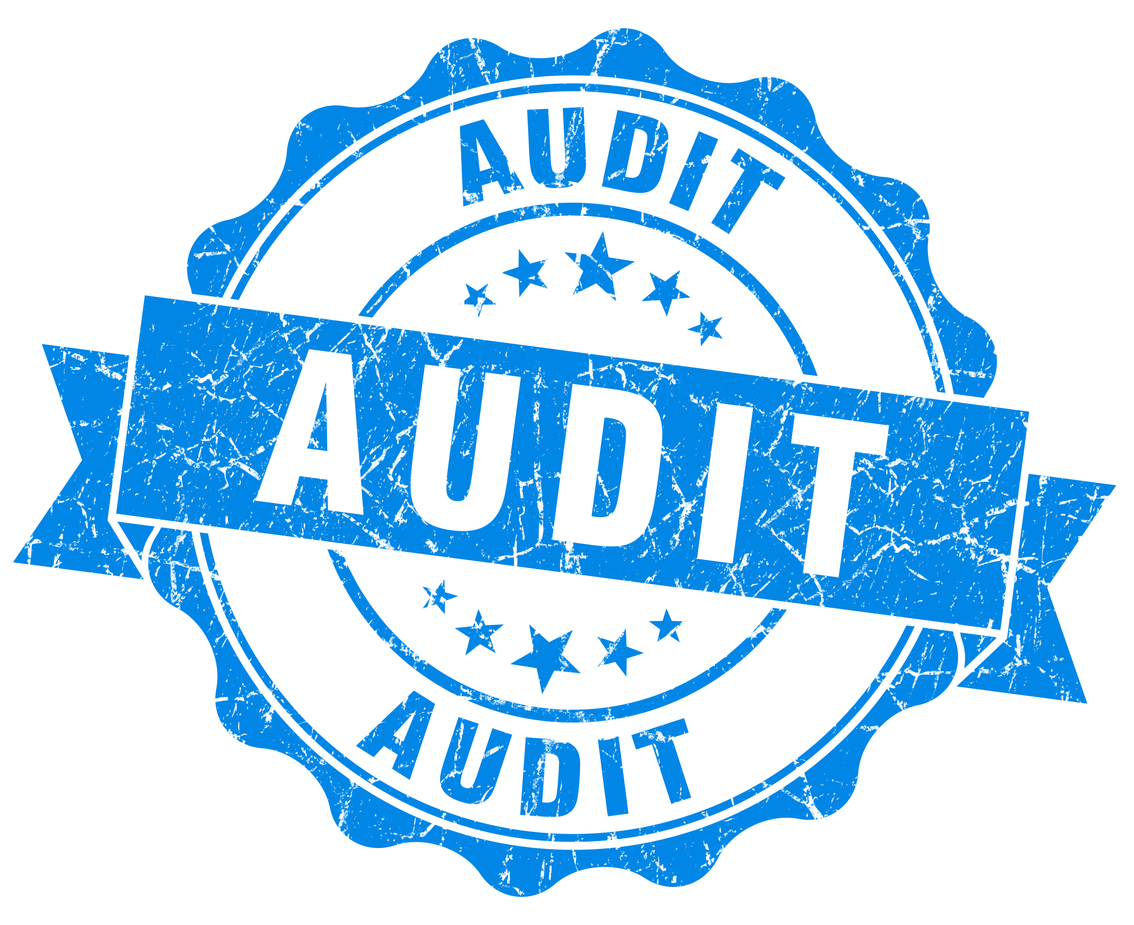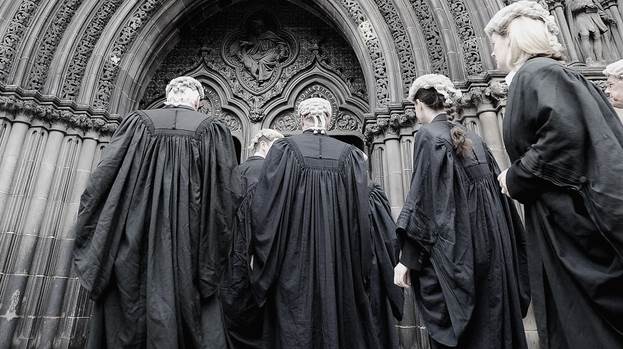
New Register of Overseas Entities Owning UK Property – Who, What, Why and When?
Date: 01/08/2022 | Business & Professional Services, Corporate
The new legislation requiring overseas entities (“OEs”) with interests in UK property to register at Companies House came into force on 1 August 2022.
Who: The new regime applies to any legal entity governed by laws of a country outwith the UK.
What: This means that an OE will need to register with Companies House if it has any relevant interest in UK property. Relevant interest means since 1 January 1999 in England, 8 December 2014 in Scotland or 1 August 2022 in Northern Ireland the OE owns UK property or is leasing it for more than 7 years in England, 20 years in Scotland or 21 years in Northern Ireland.
To register, the OE will need to provide details about itself and declare that it has not made a relevant disposal since 28 February 2022 or provide details of that transaction.
In addition the OE registering will have to either:
- provide details of those directly or indirectly holding 25% or more of the shares or voting rights in the entity or who exercises significant influence or control;
- confirm there are no registrable beneficial owners; or
- confirm that it believes it has registrable beneficial owners but cannot provide details.
This information will need to be updated annually and failure to comply will be a criminal offence.
The details of beneficial owners will require to be verified by a registered UK agent. It is not yet clear what will be required to achieve verification.
Why: Failure to comply with the registration requirements will mean an OE cannot register their rights in property in the public registers.
In addition, an OE will not be able to sell, lease, assign or surrender a lease or grant a charge over its property unless it has been properly registered.
When: OE’s must register by 1 February 2023 at the latest or prior to making a relevant disposal. Failure to do so is a criminal offence. Fines of up to £2,500 or prison sentences of up to 5 years can be imposed.
There are no exemptions currently but holding a charge over property does not bring the charge holder within the regime.
Further details of how the register will operate in practice are awaited, in particular how the identity of beneficial owners will require to be verified.
If you need advice on registering your OE please contact a member of our Corporate Team.






















































































